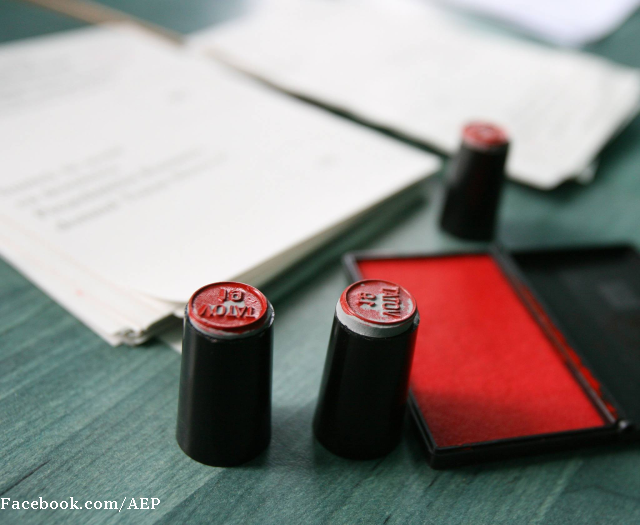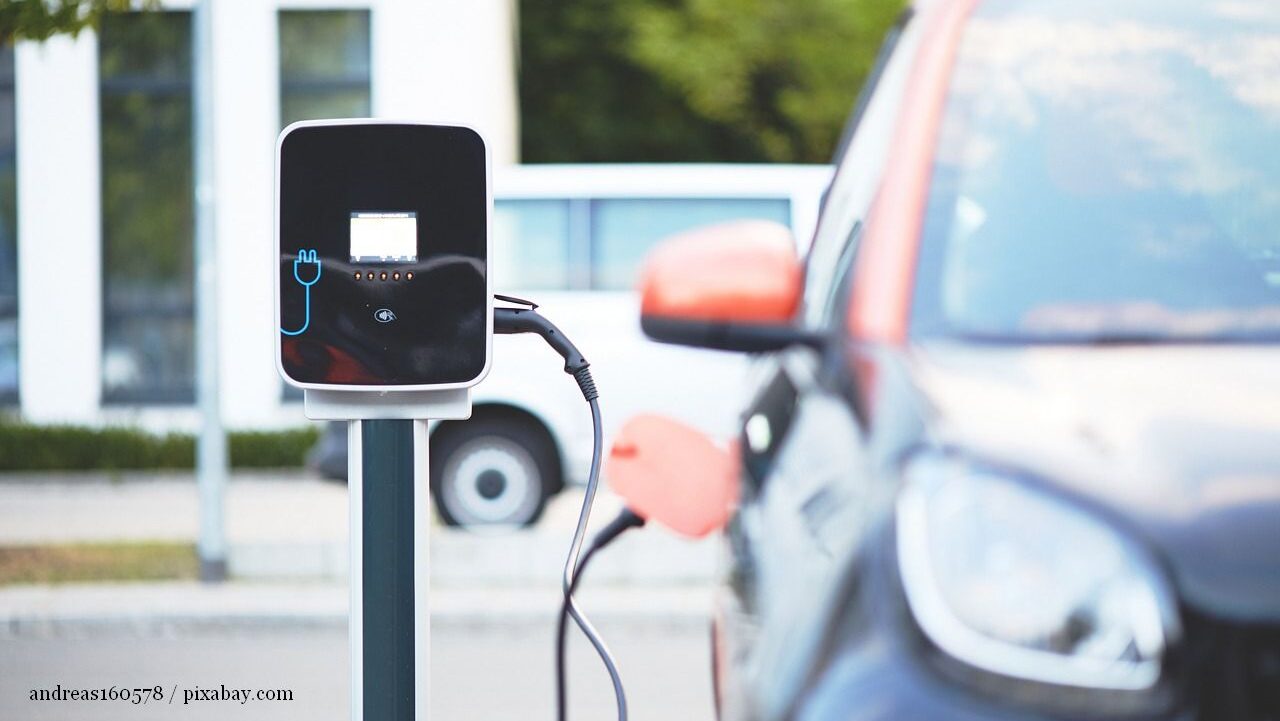Elections in Romania
2024 is in Romania the year of all possible elections in a European democracy.

Ştefan Stoica, 08.01.2024, 14:00
In 2024 Romania will see European Parliament, local, legislative and presidential elections. This is an unprecedented electoral marathon whose reasonable scenario is to establish the new balance of power in politics without causing major disruptions in the economy. The allies in the government coalition, the Social Democrats and the Liberals decided to run separately in the elections, and the competition between them can affect the functioning of the governing majority. The Social Democratic Party – PSD is credited with the highest chances: a recent survey showed that it would receive 30% of the votes, while the National Liberal Party – PNL remained stuck at 20%. Commentators argue that the alliance with the traditional rival cost the Liberals, while the Social Democrats suffered minor losses, because they have a stable category of voters. Together or separately, the system parties are constantly losing their attractiveness, due to the economic problems and their inability to come up with valid, lasting solutions to solve them.
It is not only the case of Romania. The anti-system, radical-nationalist, populist-sovereigntist and extremist parties everywhere speculate on the lack of stamina of the traditional parties and prove ingenuity in their attempt to conquer large segments of the electorate. In Romania, the main representative of these trends is the Alliance for the Union of Romanians – AUR, credited with 19.5% in opinion surveys. AUR has gathered around it quasi-anonymous parties and created a sovereigntist pole, and at the European elections scheduled for June 9, which will give it a perfect platform to reach its goal, it hopes to take the decisive step towards high-level politics. Hardly has it emerged on the political scene and AUR is already facing a dissident wing, S.O.S, created around a senator, Diana Sosoacă, whose aggressiveness, vulgar conspiracist rhetoric, anti-vaccination and pro-Russian position, also found among AUR members, make it even less approachable than the representatives of the parent party. This party is credited with 5%, the threshold for entering Parliament.
Nevertheless, there is also a democratic opposition to the Social-Democratic – Liberal alliance: the Save Romania Union – USR, the Peoples Movement Party – PMP and the Force of the Right officially launched, at the end of last year, the United Right Alliance, considered an alternative to the PSD-PNL alliance, and have already decided on the list of candidates for the European Parliament elections. In Parliament, USR is the third political force, but the lack of an ideological profile, their immaturity and communication errors relegated this party to the fourth place in the voters preferences, being credited with almost 12%. USR was joined by the PMP, a party created around the former president Traian Băsescu, and by the liberal dissidents led by the former prime minister and PNL leader Ludovic Orban. The Democratic Union of Ethnic Hungarians in Romania – UDMR cannot be excluded from the electoral calculations, given that the discipline of the ethnic Hungarian voters and the apathy of the majority Romanian voters have brought it in Parliament every time. Except for the European Parliament elections date, the elections calendar for 2024 has not been decided yet. And curiously enough, none of the competitors chose their candidate for the most passionate electoral race, the presidential one. (LS)






























